
The film focuses on the naval warfare around the Battle of Coronel and Battle of the Falkland Islands during the First World War. It was the last in a successful series of documentary reconstructions of First World War battles by British Instructional Films made between 1921 and 1927.
You May Also Like
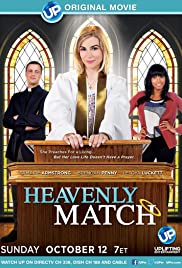
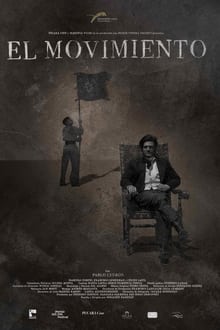
During the first half of the 19th century, in a vast and desolated land fallen into anarchy, several armed groups drift along the infinite Pampas demanding support and food from the peasants. Even if they are bitter rivals, they all claim to pledge allegiance to the “movimiento”. Among these gangs is one led by Señor, an educated man who, with two of his followers, intends to found a peaceful new order. But while his enchanting words and manners seem appealing, his methods reveal an unstoppable thirst for power.
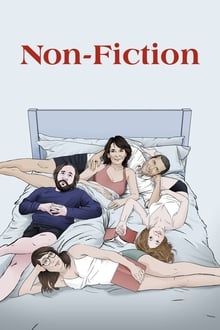
Alain, a successful Parisian publisher struggling to adapt to the digital revolution, has major doubts about the new manuscript of Léonard, one of his long-time authors – another work of auto-fiction recycling his love affair with a minor celebrity. Selena, Alain’s wife, a famous stage actress, is of the opposite opinion.
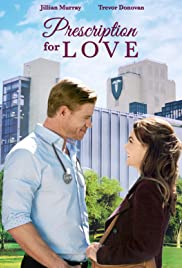
Claire’s life as a nurse in a busy hospital is complicated by a supervisor who is intent on making her miserable with tedious and extra tasks. Claire’s only relief is the patients she treats, and even that is not always a picnic. On a rare night off, she attends a dance performance and gets trapped in an elevator with a charming man. There is an instant connection between them, but as they are “rescued” from the elevator, they are pulled away from each other before they can exchange names and numbers.
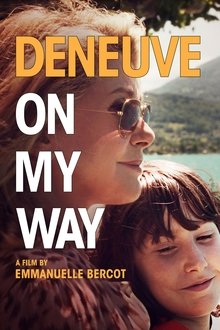
Deneuve plays sassy grandmother Bettie who takes to the road after being betrayed by her lover and learning her business is on the verge of bankruptcy on the same day. During a weeklong odyssey across France, she spends time with a grandson she hardly knows and reconnects with her past as former Miss Brittany through a reunion for former beauty queens.
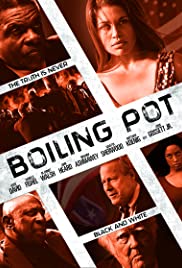
On a college campus in modern America, ideas that have long been neglected as “issues of the past” emerge as racial tensions and frictions grow between different student groups.

Directed by some of most well known Chinese-language directors of the time, the portmanteau film Four Moods was an attempt to alleviate Li Han-hsiang’s financial troubles during the late 1960s. Arguably one of his best works, King Hu’s short Anger is an adaptation of the famous Peking opera San Cha Kou; set to opera instrumentation and stylishly shot, the film deftly captures the tense showdown between political schemers, avengers and vagabonds inside an inn. Li Han-hsiang’s Happiness, inspired by the Strange Tales of Liaozhai, tells a tale of reprieve for a kind-hearted ghost, while Pai Ching-Jui’s Joy and Lee Hsing’s Sadness both explore the fateful encounters between mortal men and ghostly women.
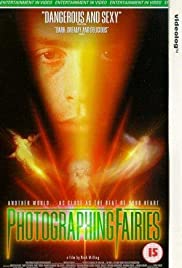
Photographer Charles Castle is numbed with grief following the death of his beautiful bride. He goes off to war, working in the trenches as a photographer. Following the war and still in grief Charles is given some photographs purporting to be of fairies. His search for the truth leads him to Burkinwell, a seemingly peaceful village seething with secrets
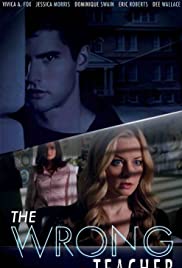
Successful teacher and author Charlotte Hansen has a passionate, one-night stand with a younger man, Chris. She later finds out that he is 18 years old and a student at her high school. Now, Chris will stop at nothing to have her for himself.

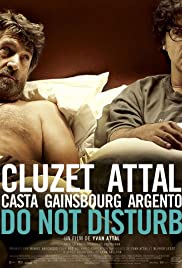
In this lively French remake of Humpday, best buds reunite and revive their friendship on a questionable dare. Can two straight guys really make a gay sex film, together?